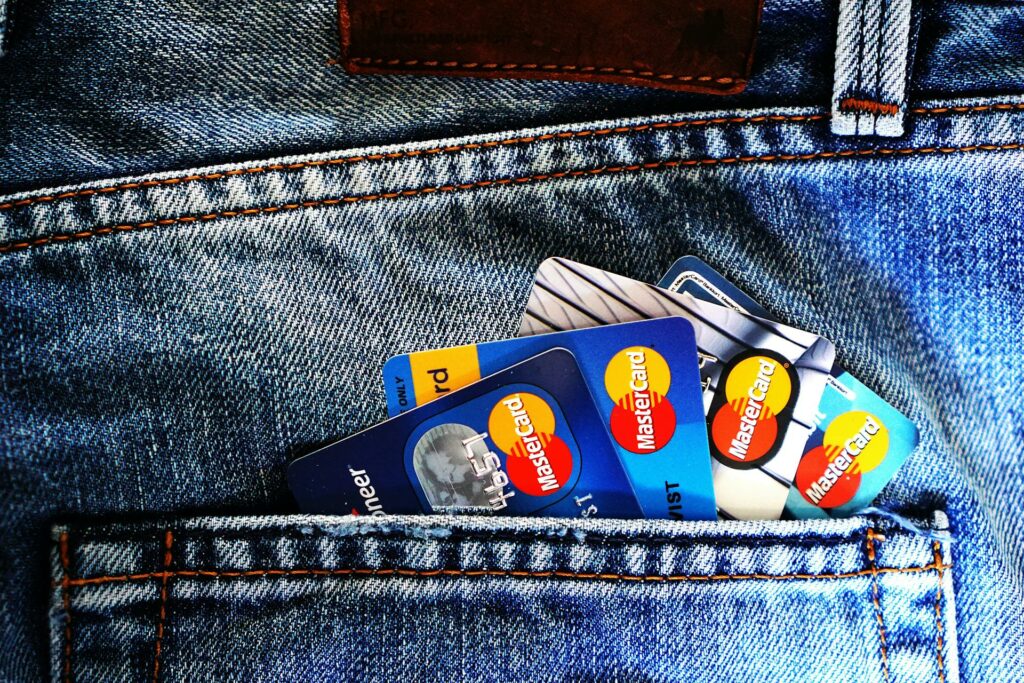If you’re thinking of applying for a credit card, you’ve come to the right place. Credit cards are a powerful financial tool to have in your arsenal. But with great power comes great responsibility. Canadians far and wide know that credit cards come with various pros and cons. To give you the full picture, we’re diving into the main pros and cons of credit cards below.
Pros
Convenience
Paying for purchases using a credit card is the height of inconvenience. Unlike cash that you need to carry around with you and withdraw from financial institutions, credit cards are lightweight, easy to use, and are an accepted form of payment at most merchants. Plus, many credit cards offer an interest-free grace period on purchases when you pay your monthly balance on time.
Rewards & Perks
One of the main benefits of credit cards is the rewards and perks that come with them. From cash back credit cards to travel credit cards, this payment option allows you to earn points on purchases you make. Once you accumulate a certain amount, you can redeem your points on everything from flights to cash. Each financial institution or retail store that offers a credit card typically has its own perks or earning structure, so be sure to carefully review the terms of each before deciding which to apply for.
Helps Build Credit Score
Another reason Canadians sign up for credit cards is that it helps them build credit history. Anytime you use your credit card, you’re adding to your credit history. Your credit history then determines your credit score. A good credit score offers many advantages and is often used as an indicator of your responsibility. The higher your credit score, the more likely you are to be approved for a mortgage, another credit card, car insurance, or another type of loan.

Cons
Could Hurt Credit Score
While opening a credit card could improve your credit score, it also has the power to hurt it. If you fail to pay your credit card bill in full and on time each month, your credit score could drop. Payment history is a major factor in determining your credit score, so if you frequently forget to pay off your card, your credit score could be adversely affected, hurting your chances of being approved for a mortgage or loan in the future.
Temptation to Spend
Credit cards are incredibly convenient, but they can also be dangerous if you’re prone to overspending. That is why we always recommend tracking your purchases and only buying what you can afford. If you only check your statement once a month, you may be surprised to find you owe a larger bill than you budgeted for. This could spell trouble if you don’t have the money to pay off your bill, leading to debt and higher interest (more on that below).
Debt & Interest
When you purchase something with a credit card, you’re using borrowed money. If you aren’t careful, it’s not hard to overspend and end up with debt that you can’t pay. Debt is subject to higher interest rates, which means it doesn’t take long for a minor debt to snowball into a major one. Though cardholders only need to pay off the minimum amount each month, doing so will cost you more down the line. If you decide to open a credit card, always do your best to pay off your balance in full.


